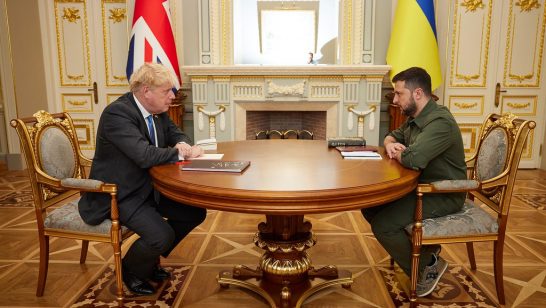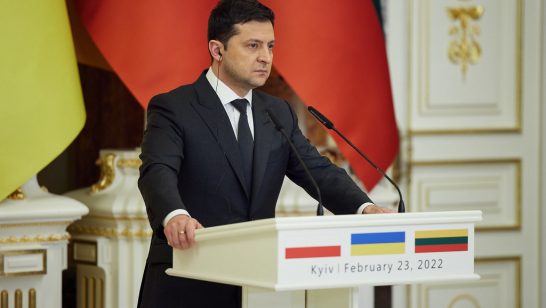
As the war in Ukraine is making the region and the global order increasingly destabilised, it is nonetheless necessary to look ahead to a post-war era. Most attention is usually focused on the creation of agreements to end the fighting, far less is given to the implementation of such agreements and the lessons to be learnt from them. This paper focuses on one such example, the 1995 Dayton Agreement that ended the war in Bosnia-Herzegovina, and its initial implementation in 1996.
In many ways, the patterns established in that framework came to be used in subsequent international interventions, from Kosovo to Iraq – not to any great outcome. This paper explains why that is. It establishes the parameters and problems inherent both in the Dayton Agreement and its implementation – and offers insights into how and why they must be avoided in Ukraine.
The policy brief by ELN Senior Associate Fellow Ilana Bet-El makes the following recommendations for implementing an agreement in post-war Ukraine:
- Ukrainians must be part of creating an agreement, and there must be absolute clarity on the nature and purpose of the document – a ceasefire or peace.
- Any international military presence to police an agreement and provide security for both sides must be established with a strong and long-term mandate.
- Any agreement must involve major funds for reconstruction, alongside a strong and structured oversight mechanism. The two could be combined by using the lengthy EU accession process of legal and structural adaptation incumbent upon all such states as a means of reconstruction and transformation, with a significant EU presence established for this purpose in Ukraine.
- Ukrainians must be full partners in creating and implementing reconstruction policies funded by international donors.
- It is imperative to understand the various issues related to internal issues and factions that could undermine an agreement as it is being negotiated.
The opinions articulated above represent the views of the author(s) and do not necessarily reflect the position of the European Leadership Network or any of its members. The ELN’s aim is to encourage debates that will help develop Europe’s capacity to address the pressing foreign, defence, and security policy challenges of our time.
Image: Wikimedia Commons, U.S. Air Force/Staff Sgt. Brian Schlumbohm



